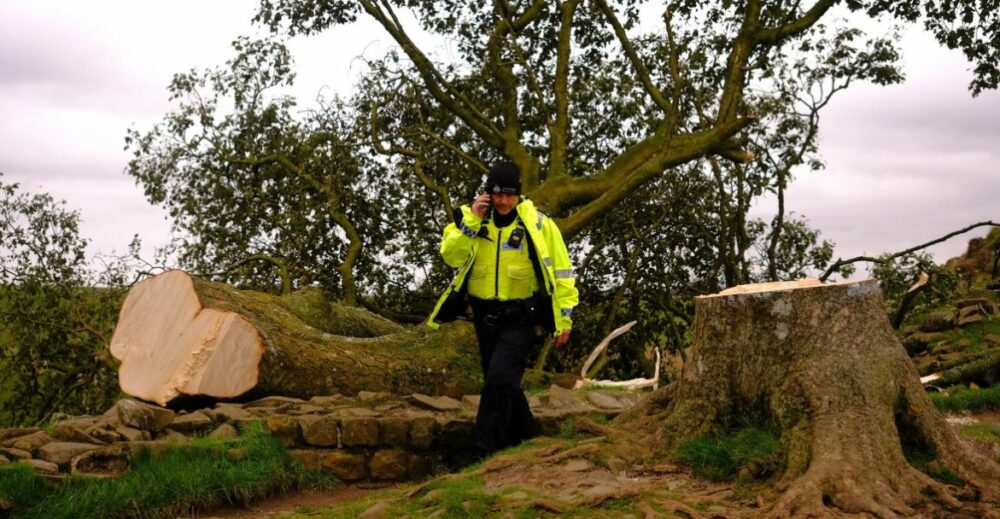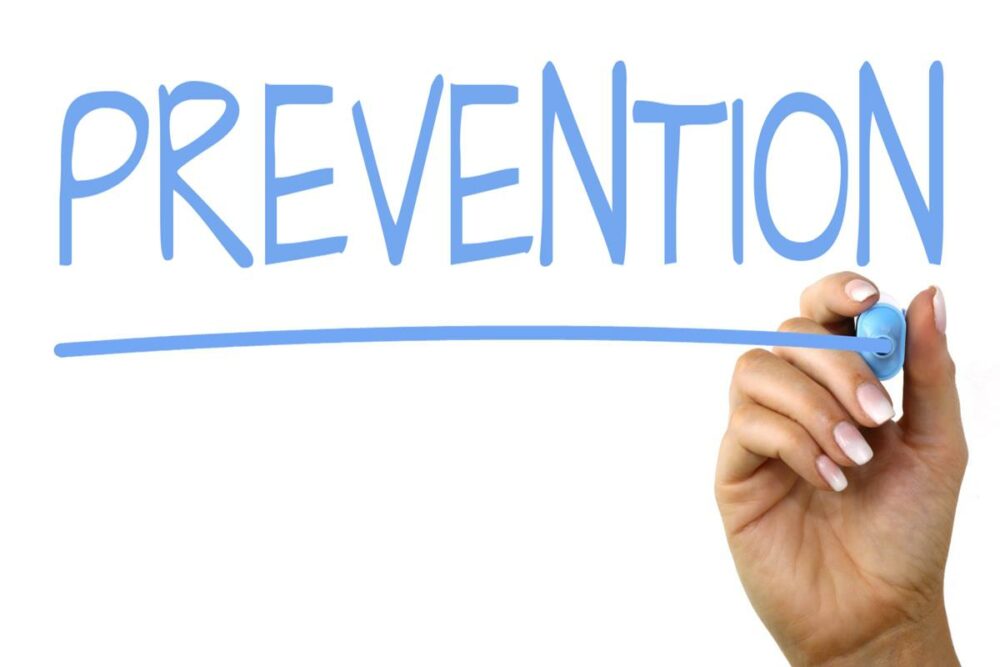An epidemic of epidemics

Over recent years, we’ve all become quite used to the language of epidemiology. There are few people who would be flummoxed by the word ‘pandemic’ these days, and unlike 2018, no-one accidentally refers to ‘breakouts’ instead of ‘outbreaks’ these days.
Hansard lists fifty-seven things described in Parliament as an ‘epidemic’ in the last twelve months. When arranged in order of frequency of mentions, there is quite a long tail.
I wonder how many of them you could name off the top of your head.
Could you guess the top ten?
- Violence against women and girls (described an epidemic 17 times)
- COVID-19 (16)
- Vaping (10)
- Fraud (9)
- HIV/AIDS (9)
- Avian influenza (8)
- Obesity (7)
- Eating disorders (5)
- Loneliness (5)
- Bowel disease in the North East (5)
- Pornography (4)
- Allergy (3)
- Homelessness (3)
- Self-harm and suicide (3)
- Tuberculosis (3)
- Child sexual abuse (2)
- Cholera (2)
- Illicit use of Monkey Dust in Stoke-on-Trent (2)
- Mental illness (2)
- Pandemic influenza (2)
- Rape (2)
- Sewage spills (2)
- Sexual harassment (2)
- Youth violence (2)
- Arson (1)
- Antisemitism (1)
- Brain injury (1)
- Brain tumours (1)
- Bullying in the armed forces (1)
- Crime committed by young people (1)
- Crime in Blackpool (1)
- Dental ill-health (1)
- Discrimination against women at work (1)
- Dumping food and drink packaging in parks (1)
- Ebola (1)
- Exhaustion among NHS staff (1)
- Executions in Iran (1)
- Food and mouth disease (1)
- GPs moving to ‘ring-road’ locations (1)
- Heat stress (1)
- High street bank closures (1)
- Illicit use of nitrous oxide (1)
- Illness related to the Bhopal disaster (1)
- Knife crime (1)
- Lung disease in among children living near Heathrow Airport (1)
- Malaria (1)
- Misogyny (1)
- Moral injury among military personnel (1)
- Mpox (1)
- Name changes among sex offenders (1)
- Polio (1)
- Potential future injuries related to exposure to asbestos in unaudited rubbish dumps created by the Ministry of Defence (1)
- Seasonal influenza (1)
- Short-sightedness (1)
- Teenage nicotine addiction (1)
- Type 2 diabetes (1)
- Workplace harassment (1)
The image at the top of this post was generated by Midjourney.
This post was filed under: Politics, Post-a-day 2023.





